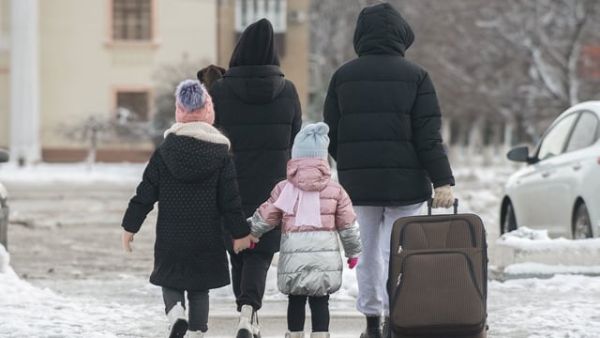

The impact of imprisonment reverberates through many levels, from incarcerated individuals to their families and communities. Incarceration drastically alters millions of lives and thousands of communities. More than 78 million Americans—a quarter of the entire US population—have a record of an offence that could impinge on the chance of a job. A history of imprisonment—with the incarceration system itself—has long-term adverse impacts on the employment outlook of incarcerated individuals, their prospects for a career, the stability and mobility of their families, and their overall earning potential. Large employers are increasingly adopting second-chance employment programs to tap this overlooked source of talent and deliver for their companies and the communities where they operate. Numerous Fortune 100 companies are successfully implementing second-chance employment programs to open the talent pipeline, deliver DEI (diversity, equity, inclusion) goals, and strengthen communities.


